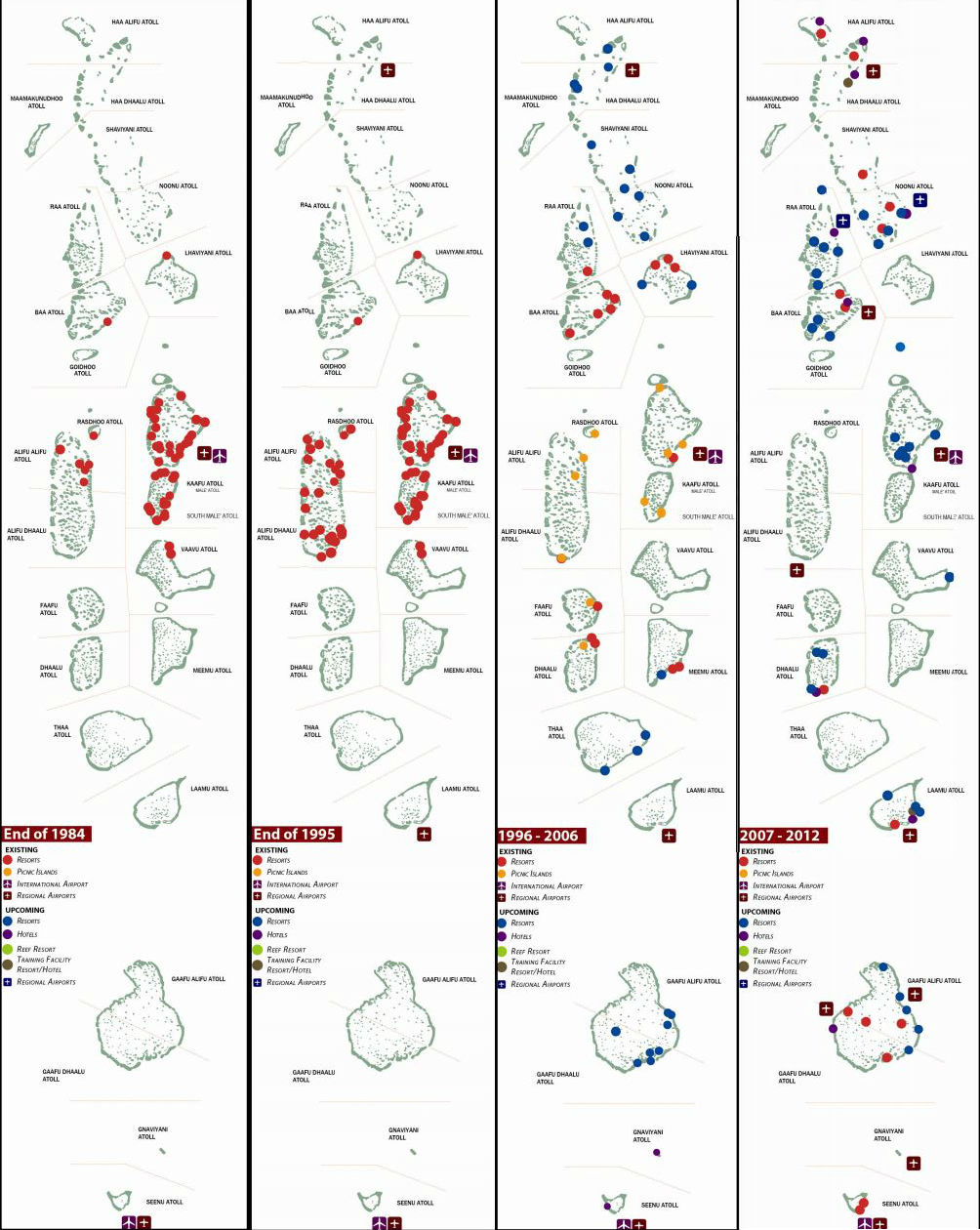The Maldives Inland Revenue Authority (MIRA) expects to collect an additional MVR110 million (US$7.1 million) per year from taxes on the the telecommunications sector.
MIRA announced this week that telecommunications services will be subject to Goods and Services Tax (GST) – currently at 6 percent – from May 1.
The move comes as the government continues to introduce new revenue raising measure to address the MVR3.4 billion (US$224 million) shortfall in this year’s record MVR17.95 billion budget.
On Monday (April 14), the People’s Majlis is set to consider amendments to the Import-Export Act which propose raising custom duties on a number of items from the current zero rate to five, 10, and 15 percent or higher.
The items include diesel, sugar, sweets, cotton, rope, carpets, textiles, fur, man-made filaments, ready-made garments, and steel.
This week has also seen MIRA release its March revenue figures, which show an increase of 22 percent compared with the same month last year.
March’s figures were distorted, however, after after February’s GST payment date was extended into March as the deadline fell during a holiday.
The figures show that 54.8 percent of revenue came from GST, which includes Tourism Goods and Services Tax (T-GST) – scheduled to rise from the current 8 to 12 percent in November this year.
Last month’s figures showed a marked improvement on the previous month’s collections after the Majlis’ failure to renew the tourism bed tax in December had resulted in reduced earnings during January (reflected in February’s collections).
After the Finance Minister Abdulla Jihad warned that this loss of income could amount to US$6million month, the decision was made to reintroduce the bed tax – charged at a flat rate of $8 per bed night – until November this year.
Bed tax amounted to over US$4.5 million in March, or 7.1 percent of MIRA’s collected revenue which came to MVR938.2 million. Over 75 percent of March’s income was received in US dollars.
The authority’s figures for 2013 showed an income of MVR8.7 billion – of which 60 percent was denominated in dollars.
Despite this foreign currency income, however, dependence on imported goods results in a persistent dollar shortage, with just 2.7 months worth of reserves remaining at the end of February.
Proposals to increase government revenue were debated during February’s emergency Majlis sessions which also resulted in the requirement that resort lease extensions be paid within 2 years.
Additionally, the government has suggested that the Airport Service Charge, which has seen MIRA collect US$7.9million from foreigners leaving the country this year, be increased by 38 percent.
A World Bank report at the end of 2013 urged the government to reduce spending in order reduce the “unsustainable” public debt which currently stands at 81 percent of GDP, and could rise to 96 percent by 2015.
“Maldives is spending beyond its means and financing the budget risks affecting the real economy,” the report said.
Meanwhile, the outgoing governor of the MMA in December called for the state to reduce expenditure and to cease from printing money.
